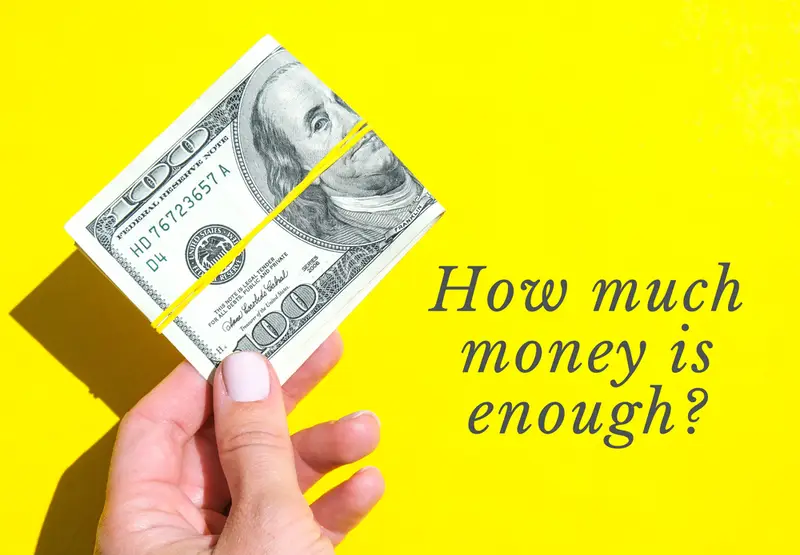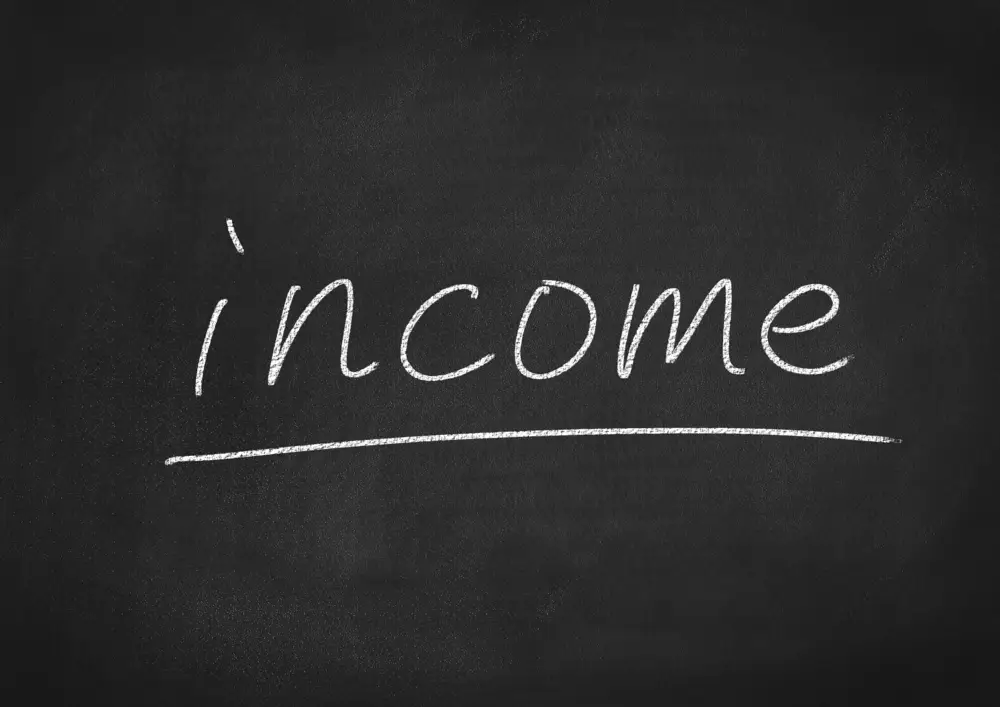How Big Enough Money? Understanding the Science of Money and Happiness
Usually, does growing happiness result with more money? People of many generations have been enthralled by this issue, which has also motivated research, discussions, even philosophical disputes. In a time where sometimes consumerism rules our existence, knowing the balance between money and happiness has never been more important.
Income and happiness interact in a complicated way influenced by psychology, culture, and personal situation. Examining the science of money and happiness, this essay breaks down how to get the ideal equilibrium for a happy existence, what it means to have “enough”.
The Science Behind Money and Happiness
- The Hedonic Treadmill: The “hedonic treadmill” explains our inclination toward returning to a baseline level of happiness even following large financial successes. Although a raise or a lottery win could bring some fleeting thrill, as we get used to the new normal the happiness usually decreases over time.
- Income and Happiness Thresholds: Studies including those by Daniel Kahneman and Angus Deaton show that emotional well-being often levels off beyond a particular income range. In the United States, for example, this level is sometimes mentioned as about $75,000 annually. Beyond this, extra money has declining benefits for happiness.
- Cultural and Personal Variations: Depending on cultural standards, social expectations, and personal goals, “enough” will mean quite different. For example, whereas individualistic cultures often stress personal financial success, people in collectivist societies may find more pleasure from community wealth.

Defining “Enough” Money
Objective vs. Subjective Definitions
Financial stability is satisfying needs including shelter, food, and medical treatment. But personal satisfaction usually goes beyond simple survival. “Enough” is a subjective concept including emotional well-being, lifestyle decisions, and desires.
Factors Influencing “Enough”
- Lifestyle: While minimalist lives demand less, higher standards of living usually call for more money.
- Family: Financial goals change depending on whether one supports dependents or makes future generations plans.
- For many to feel safe, debt must be eliminated.
- Personal Objectives: Travel, study, or business startup affect ideas of fit.
Money vs. Time
Acknowledging time wealth—that is, the ability to spend time as desired—as a necessary component of happiness is growingly important. Studies show that those who give time more importance than money report better quality of life.
Psychological Insights: The Pursuit of More
- Scarcity Mindset: A scarcity mindset can rule when resources are restricted, causing stress, bad decisions, and a continual anxiety of financial instability. Even when their financial condition becomes better, this kind of thinking frequently locks people in an anxious cycle.
- The Comparison Trap: Whether through peers or social media, social comparison sometimes skews ideas of “enough.” Regardless of one’s financial situation, one may become unhappy seeing others with apparently limitless riches.
- Mindfulness and Gratitude: Mindfulness and thankfulness are among the habits that might change your attitude about money. Focusing on what you have instead of what you lack helps you to be happy and lessens the need for ongoing acquisition.
The Role of Financial Planning
- Budgeting for Happiness: Good budgeting helps one match expenditure to personal values. For instance, funding causes or interests you value increases your level of happiness when contrasted to reckless purchases.
- Saving vs. Spending: Key is to find a mix between appreciating the moment and saving for the future. While overspending compromises long-term stability, oversaving might cause missed chances for delight.
- Investments in Experiences: Studies repeatedly indicate that investing in experiences—such as travel, concerts, or dining with loved ones—yields more long-lasting satisfaction than buying stuff.

The Dark Side of Wealth Accumulation
- The Downsides of Too Much Money: Too much money can cause isolation, mistrust, and lower life satisfaction. The need to preserve or increase riches typically causes worry, which makes happiness elusive even in cases of great financial success.
- The Pressure to Maintain Wealth: Rich people often express worries of losing their fortune, which might eclipse the pleasures their money could otherwise offer.
- Real-Life Examples: From celebrities to business mogues, tales of wealthy people overcoming despair, damaged marriages, or a sense of emptiness abound.
Striking the Balance: Practical Tips for Finding Your “Enough”
- Clearly state your values and objectives; then, consider what really important to you. Financial freedom, time with family, or following passions?
- Regularly thank you for your financial gifts to help you to be content.
- Invest in Experiences, Not Just Objects. Emphasize events and times when one finds delight and generates memories.
- To match your money to your objectives, learn about money management or see a financial advisor.
Conclusion: Is There Such a Thing as Too Much or Too Little Money?
The question of how much money is “enough” ultimately rests inside every person. Although pleasure mostly depends on financial stability, real satisfaction results from matching values, relationships, and personal fulfillment with riches.
Spend some time assessing your financial focus. Accept thankfulness, mindfulness, and balance to reframe “enough” and guide a life where prosperity supports rather than rules your happiness.



